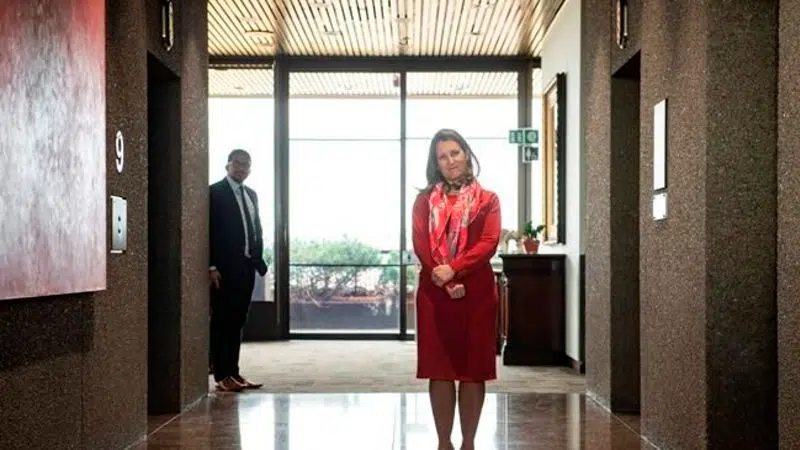
Canada supports genocide case against Myanmar at International Court of Justice
OTTAWA — Veteran politician Bob Rae says he will return as Canada’s special envoy for Myanmar to help build support for a genocide lawsuit against that country’s government over its forced expulsion of more than 700,000 Rohingya Muslims.
Rae, a lawyer who is a former interim Liberal leader, said he has been working behind the scenes on the Rohingya issue, which included a meeting with Gambia’s justice minister at an international conference 10 days ago.
That’s where Rae received a heads up on Gambia’s decision on Monday to file a genocide application against Myanmar with the International Court of Justice in The Hague on behalf of the Organization of Islamic Co-operation, a group of 57 Muslim countries.
Foreign Affairs Minister Chrystia Freeland said in a statement the move will advance accountability for the crime of genocide, which includes mass murder, systemic discrimination, hate speech and sexual and gender-based violence. The Canadian government will look for ways to support Gambia’s legal efforts and has enlisted Rae’s help.
